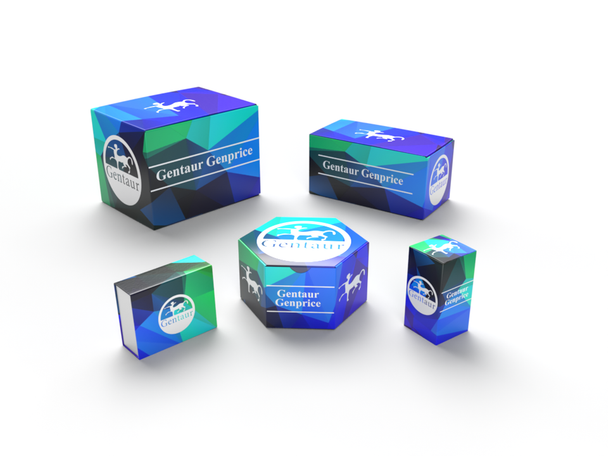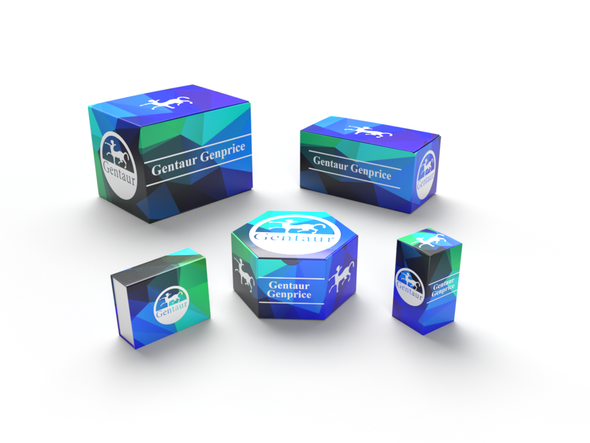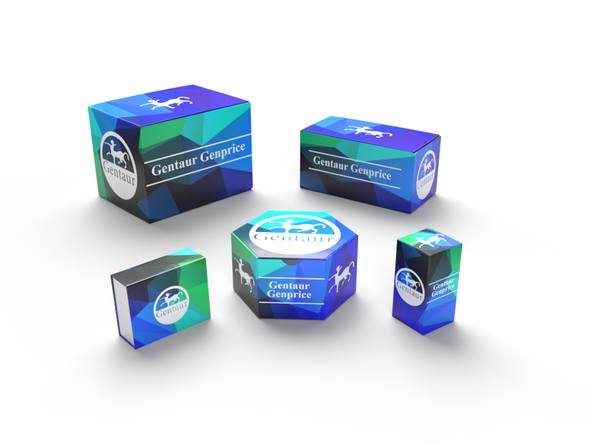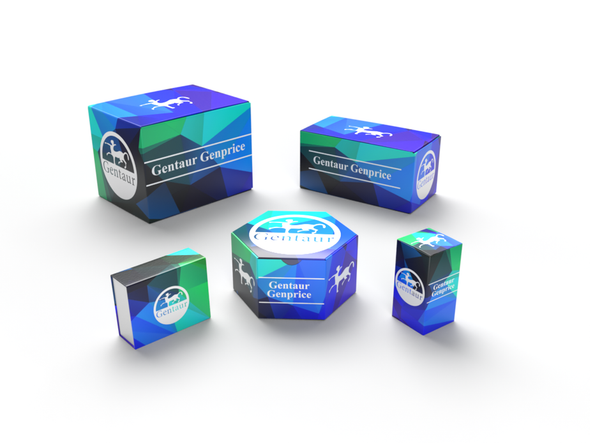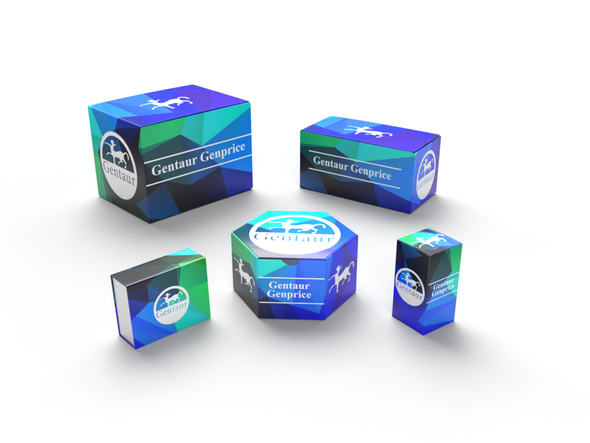Description
Mouse Anti-Human CCL-17 Antibody | 101-M260 | Gentaur UK, US & Europe Distribution
Species: Anti-Human
Host / biotech: Mouse
Comment: N/A
Label: N/A
Clone / Antibody feature: (#6J30)
Subcategory: Monoclonal Antibody
Category: Antibody
Synonyms: CCL17; TARC; ABCD-2; SCYA17; A-152E5.3
Isotype: IgG1
Application: WB
Detection Range: N/A
Species Reactivity/Cross reactivity: Human
Antigen: recombinant human CCL-17
Description: CCL17 is a novel CC chemokine identified using a signal sequence trap method. CCL17 cDNA encodes a highly basic 94 amino acid (aa)residue precursor protein with a 23 aa residue signal peptide that is cleaved to generate the 71 aa residue mature secreted protein. Among CC chemokine family members, CCL17 has approximately 24-29% amino acid sequence identity with RANTES, MIP1α, MIP1β, MCP1, MCP2, MCP3, and I309. The gene for human CCL17 has been mapped to chromosome 16q13 rather than chromosome 17 where the genes for many human CC chemokines are clustered. CCL17 is constitutively expressed in thymus, and at a lower level in lung, colon, and small intestine. CCL17 is also transiently expressed in stimulated peripheral blood mononuclear cells. Recombinant CCL17 has been shown to be chemotactic for T cell lines but not monocytes or neutrophils. CCL17 was identified to be a specific functional ligand for CCR4, a receptor that is selectively expressed on T cells.
Purity Confirmation: N/A
Endotoxin: N/A
Formulation: lyophilized
Storage Handling Stability: Lyophilized samples are stable for 2 years from date of receipt when stored at -20°C. Reconstituted antibody can be aliquoted and stored frozen at < -20°C for at least six months without detectable loss of activity.
Reconstituation: Centrifuge vial prior to opening. Reconstitute the antibody with 500 µl sterile PBS and the final concentration is 200 µg/ml.
Molecular Weight: N/A
Lenght (aa): N/A
Protein Sequence: N/A
NCBI Gene ID: 6361

